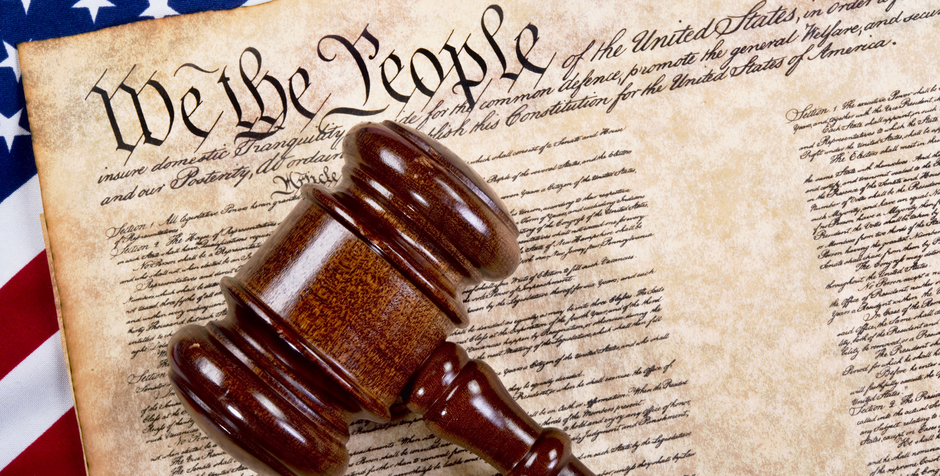Inquisitive Ninth Circuit Hears Oral Argument in Executive Order Appeal
The United States Court of Appeals for the Ninth Circuit, based in San Francisco, California, is the second federal appellate court within the past two weeks to consider the President’s revised immigration Executive Order, designed to protect our nation from foreign terrorists. As reported last week, the United States Court of Appeals for the Fourth Circuit, sitting en banc in Richmond, Virginia, also heard oral argument in a separate legal challenge to the Executive Order.
The Executive Order was designed to pause entry, on a temporary basis, into the United States of refugees and nationals from six unstable and/or terrorism-infested countries: Iran, Libya, Somalia, Sudan, Syria, and Yemen. The clear purpose of the Executive Order is to allow time for needed improvements to the immigration and refugee screening processes from these countries – something we’ve been urging for some time.
The American Center for Law & Justice (“ACLJ”) filed amicus curiae (“friend-of-the-court”) briefs in both the Fourth and the Ninth Circuits supporting the constitutionality of the Executive Order. Each brief was joined by over 205,000 members of the ACLJ’s Committee to Defend Our National Security from Terror.
A panel of three Ninth Circuit judges, all appointed by President Clinton, is considering the government’s appeal from an injunction a federal trial judge in Hawaii entered to halt enforcement of the Executive Order on a nationwide basis.
The main focus of the oral argument was on the President’s campaign comments, which have been wrongly interpreted as evidence of a “Muslim ban.” The government attorney properly explained that those comments were made by a private citizen during a political campaign and should not be considered. Rather, the court should look at the face of the Executive Order, which is clearly intended to protect our nation from terrorists, and defer to the President’s authority over immigration matters.
Astonishingly, yet unsurprisingly, plaintiffs’ attorney conceded that if this same Executive Order had been issued by any other President (without President Trump’s campaign rhetoric), it would be a constitutional exercise of Executive authority. This was the same absurd argument espoused by plaintiffs in the Fourth Circuit case.
Additionally, when the plaintiffs’ attorney criticized the government’s call for deference to the President, one of the judges pointed out that that same attorney had submitted briefs in other cases in which he also argued that courts should defer to the President’s immigration decisions.
The government attorney explained that the nationwide injunction should be reversed in full. In the alternative, he argued that if the court did not strike down the entire injunction it should modify the injunction to apply only to the few plaintiffs involved in the case (instead of applying nationwide) and allow the other aspects of the Executive Order, currently enjoined by the Hawaii federal judge, to go into effect, including the review of the vetting process of people coming from the six countries of concern.
A decision from the Ninth Circuit is expected in the coming weeks. The ACLJ will continue to keep you posted on this case and our other efforts to defend our national security.
